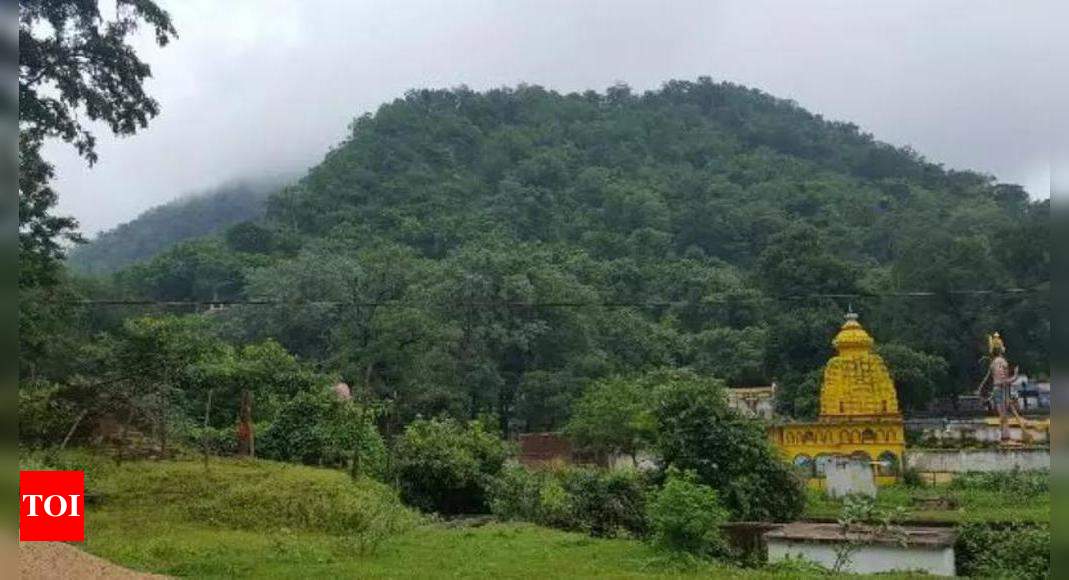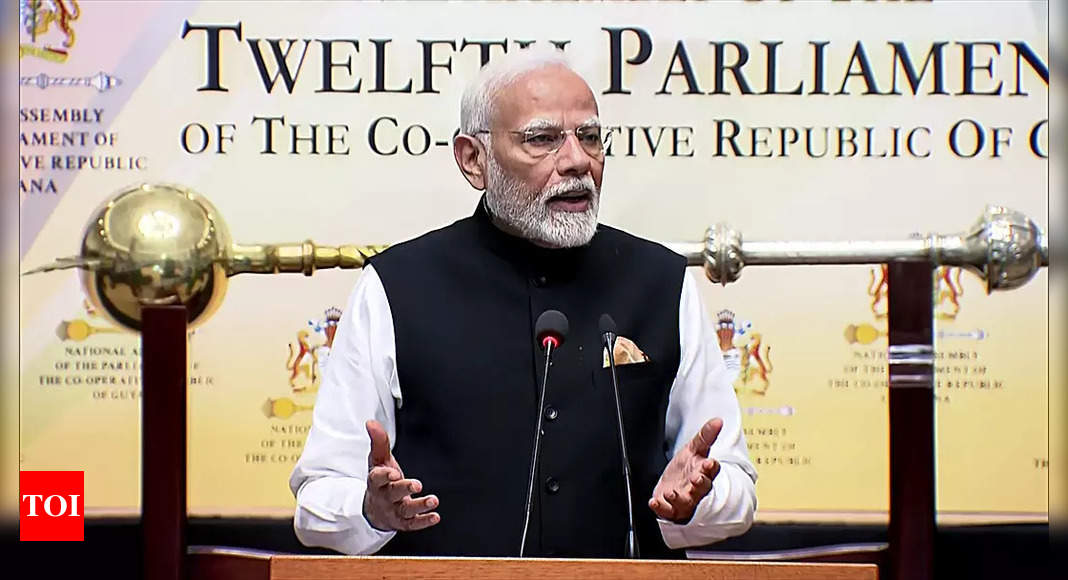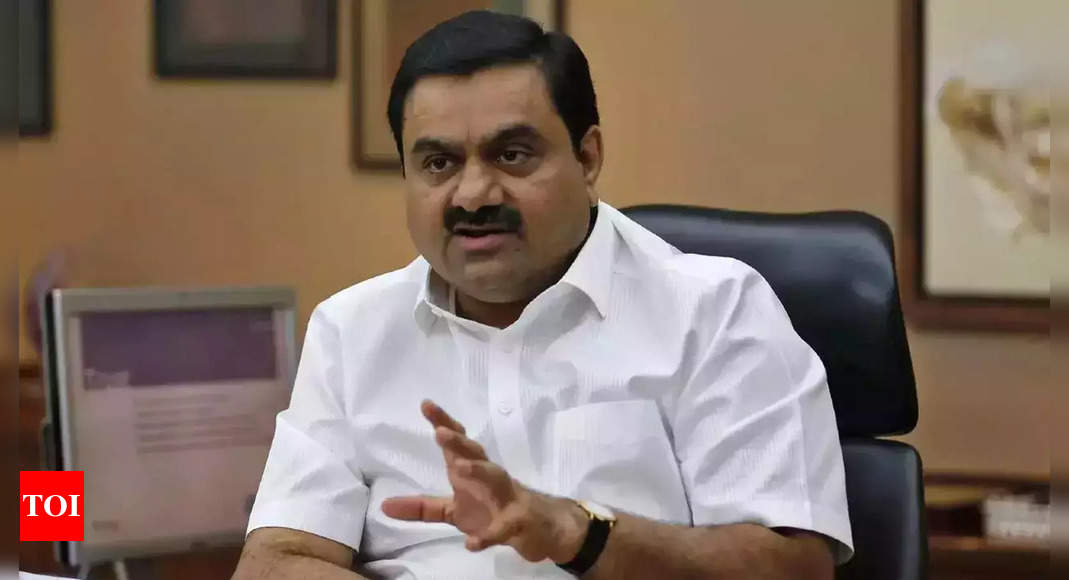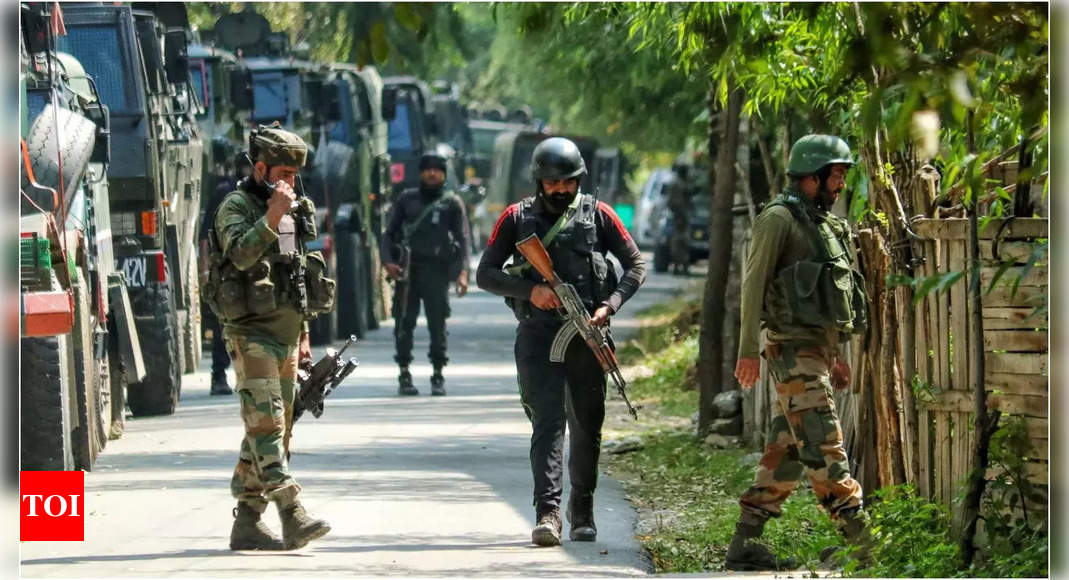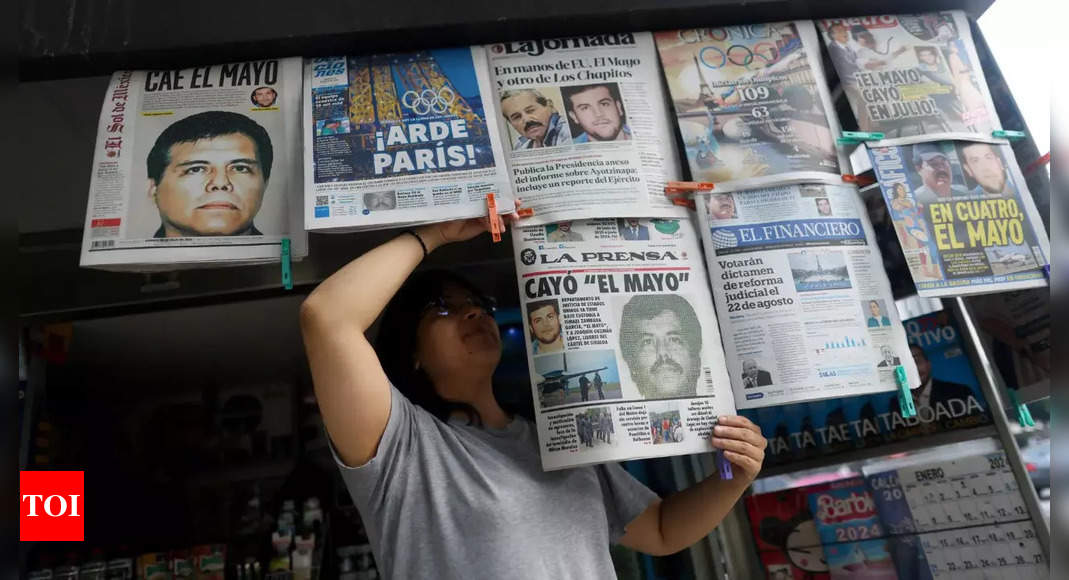
El Mayo’s arrest and its implications
Zambada, who had evaded authorities for decades without ever setting foot in prison, was renowned for his shrewd operations, his talent for corrupting officials, and his knack for negotiating with rivals.His removal from the criminal landscape could spark an internal struggle for control of the globally-reaching cartel, as seen with previous kingpin arrests or killings. This could unleash the violent tendencies of a younger generation of Sinaloa traffickers, experts say.
Mexican government response
The Mexican government deployed 200 special forces members to Culiacan, Sinaloa state’s capital. Vanda Felbab-Brown, a senior fellow at the Brookings Institution, stated there is a “significant potential for high escalation of violence across Mexico,” which is detrimental to both Mexico and the United States. Additionally, the more vicious Jalisco New Generation cartel may rise in prominence, Felbab-Brown warned. She described Zambada’s arrest as a “great tactical success,” but strategically problematic.
Details of the arrest
Details of Zambada’s arrest remain scarce, but a US official, speaking anonymously, revealed that Zambada was lured into flying to the US, where he was arrested alongside Joaquín Guzmán López, son of the infamous Sinaloa leader Joaquín “El Chapo” Guzmán, who is serving a life sentence in the US. A small plane departed Hermosillo, northern Mexico, on Thursday morning with only an American pilot aboard, bound for the airport in Santa Teresa, New Mexico. Mexican Security Secretary Rosa Icela Rodríguez confirmed that while one person left Hermosillo, three arrived in New Mexico.
Flight tracking and presidential response
Flight Aware, a flight tracking site, showed the plane stopped transmitting its elevation and speed for about half an hour over northern Mexico’s mountains before resuming its course to the US.
Mexican President Andrés Manuel López Obrador, a vocal critic of targeting drug kingpins, stated Mexico was not involved in or aware of the US operation but considered the arrests an “advance.” Speaking about the ongoing cartel battles along the Guatemala border, López Obrador downplayed the violence that forced nearly 600 Mexicans to seek refuge in Guatemala this week. He attributed claims of out-of-control violence to his political adversaries. However, these cartels were already clashing in numerous locations throughout Mexico before Zambada’s arrest.
Internal Cartel dynamics
Frank Pérez, Zambada’s lawyer, told The Associated Press that his client “did not come to the US voluntarily.” José Reveles, an author of several books on the cartels, suggested that the sons of “El Chapo” Guzmán may have played a role in trapping Zambada. The Chapitos, or Little Chapos, form a faction within the Sinaloa cartel often at odds with Zambada despite their drug trafficking activities.
Guzmán López’s role and arrest
Guzmán López, also arrested on Thursday, “is not his friend nor his collaborator,” Reveles said. Guzmán López, considered the least influential of the four Chapitos brothers, is among the main exporters of synthetic opioid fentanyl to the US. Now, two of the brothers are in US custody, following their chief of security’s arrest by Mexican authorities in November.
Impact on drug trafficking operations
Reveles noted that Guzmán López has been accused of serving as the cartel’s link for importing precursor chemicals from Asia to make fentanyl and establishing labs for drug production.
Anne Milgram, US Drug Enforcement Administration chief, said that Zambada’s arrest “strikes at the heart of the cartel that is responsible for the majority of drugs, including fentanyl and methamphetamine, killing Americans from coast to coast.”
Strategic Implications and Potential Cooperation
Throughout the current Mexican administration, ending September 30, Mexico has struggled to control the country’s violence. López Obrador’s focus on alleviating the root causes of violence, rather than direct confrontation with the cartels, has strained relations with US authorities, particularly the DEA. Felbab-Brown stated this approach has enabled the cartels to accumulate unprecedented power in Mexico’s history.
Zambada could now provide extensive information about the cartel’s operations if he chooses to cooperate. He faces charges in multiple US federal courts. Felbab-Brown highlighted Zambada’s role as the cartel’s most skilled agent of corruption and influential trafficker, managing vast corruption networks across various Mexican administrations and geographic areas.
“The most important thing to watch is how much intelligence El Mayo will now provide and how much evidence in exchange for better terms,” she said.




